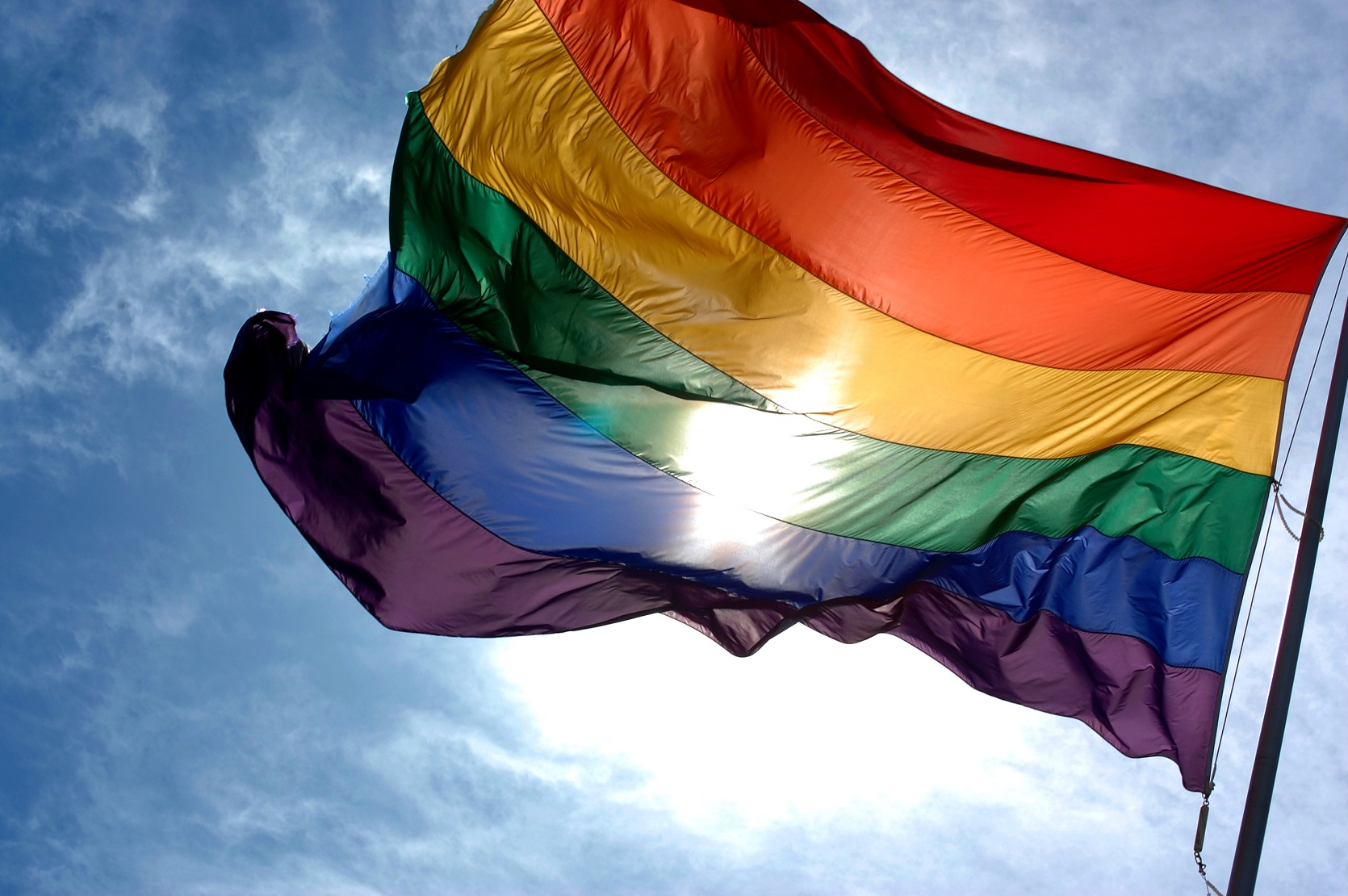Dear Pride Family,
Para los 49 ángeles que solo querían escuchar música, bailar, y estar con la familia elegida…que sus memoria sea una bendición.
On the night of June 11, 2016, my wife and I went to Uptown Tavern in Hillcrest with friends of ours, one of whom I learned that night used to be the General Manager of one of my favorite (now closed) gay bars, Bourbon Street. We danced, we laughed, we screamed jokes into each other’s ears over the throbbing soundtrack coming from the DJ booth until we cried with laughter. On our way home, we talked about how it was probably one of the best nights out that we had had in a while.
The next morning, shortly after waking up, my heart sank as I read an alert on my phone that described in painful detail a shooting that had taken place at Pulse Nightclub in Orlando leaving 49 people dead. The emotions that immediately followed were: panic and heartbreak. Panic knowing that my wife’s brother (who is also gay) lived in Orlando and was a patron of Pulse. Heartbreak trying to process that 49 people had been doing what we had been doing the night before and lost their lives in the process. Rage came not that much later – but it came. And the rage was very particularly centered around knowing that this wasn’t just a mass shooting – it was a mass shooting that targeted a queer space with 90% of the victims being Latinx – that were there doing what many of us do to have fun – to listen to music, to dance, and to gather with chosen family.
Many of us have an intimate understanding of the significance that gay bars have played and continue to play in our LGBTQIA+ community. They’ve been places where we find friends, lovers, and community. They provide a space for affirming identities and for sharing space with kindred spirits – even if they are strangers. Our bars have also been the sites where our community has gathered to address critical political issues including police harassment, racism, AIDS. Before Pulse, part of LGBTQ+ history has included other similarly anti-LGBTQ+ motivated attacks including: the arson attack of UpStairs Lounge (New Orleans 1973); a shooting at gay leather bar The Ramrod (Greenwich Village 1980); an arson attack on HappyLand gay bar (Bronx 1990); the bombing of lesbian bar Otherside Lounge (Atlanta 1997); a shooting at the Backstreet Cafe (Roanoke 2000); and an arson attack at Neighbours (Seattle 2013).
On the evening of June 12, 2016 without even 24 hours having gone by since the shooting took place, our community gathered en masse to show our solidarity with Orlando that included an impromptu candlelight vigil at the Pride flag in Hillcrest. With the help of the Hillcrest Business Association, Lambda Archives’ then-Head Archivist, Jen LaBarbera stepped up to ensure that we collected any signs or other ephemera from the event to preserve them at Lambda. One of those items was a poster left at the Pride flag in Hillcrest that evening, which came from the Monarch School – a public K-12 school that serves students who experience homelessness in San Diego County. The 10-foot long poster was hand-drawn, painted, and included personal messages to the victims – most of which came from children making it particularly emotionally resonant.
Part of our role as an LGBTQ+ community archive is to collect items that contextualize ourselves as individuals and as a community; in doing so, it helps to understand ourselves in the current moment and how intimately connected we are and how tragedies like the Pulse nightclub shooting impact all queer people, regardless of geographic location. Collecting and maintaining items from the Pride flagpole at the candlelight vigil for Pulse that night wasn’t simply a hollow act of “collecting stuff.” It was an intentional action focused on keeping our memory of those who were lost alive and captures how our local community showed up to remember them. By preserving this part of our history, we are able to create interconnected meaning between our individual lived experiences, the historical importance of gay bars as sites of organizing and resistance, and a tragedy that claimed the lives of 49 people that just wanted to listen to music, dance, and gather with their chosen family. May their memory be eternal.
Nicole Verdes (they/she)
Managing Director
Lambda Archives of San Diego
